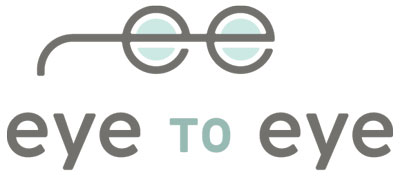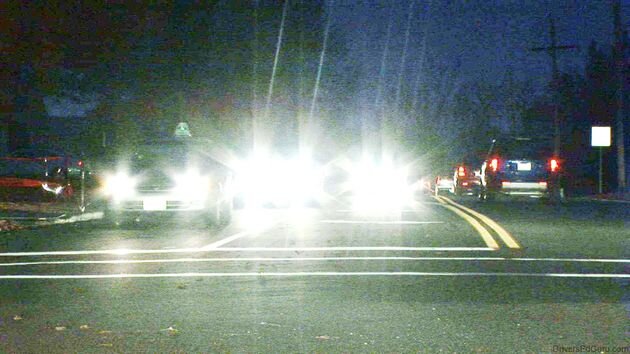Does your vision get worse at night?
Do you have difficulty seeing while driving on a dark road? Do oncoming headlights seem to make it worse? Perhaps it’s harder than it used to be to read the dinner menu in a candlelit restaurant? If so, you may be suffering from a condition known as night blindness/night vision deficiency.
People with night blindness/night vision deficiency often see poorly in darkness or dim light but normally when adequate amounts of light are present.
Seeing in the Dark
It is estimated that most people take about 20 minutes for their eyes to fully adjust to the change from light to dark. As the light dims, your pupils dilate to take in more light.
However, a dilated pupil reduces your ability to change your focus between near and far objects. For instance, while driving you may be “blinded” by streetlights and oncoming headlights. Just as it takes a while for your eyes to adjust when you enter a dark room, it also takes time for your eyes to adjust when a headlight appears. If you focus on the headlights, your pupils will constrict to block out the light.
Then, once the headlights have passed, your eyes will need time to readjust to the dark, making it difficult to see the road. In heavy traffic, your pupils may never adjust, as your gaze must constantly alternate between light and dark. Many people try to avoid this by attempting to look slightly away from oncoming headlights. This may help for a short time, but in the end you may have to avoid driving at night to prevent an accident.
Rods are the receptors that the eye uses for night time viewing and sudden movement. Cones are used during the daytime and process color information.
Causes of Night Blindness
One of the most common causes of night blindness/night vision deficiency is deterioration due to age. In the natural aging process, the eye lens becomes less clear and grows cloudy over time, making it difficult to see in dim light.
Another general cause is uncorrected myopia, or nearsightedness. Even with vision correction, nearsighted people may find their nearsightedness is exacerbated when their pupils dilate at night.
In some cases, night blindness/night vision deficiency is a symptom of a serious underlying condition, such as retinitis pigmentosa, which is inherited. This degenerative retinal disorder causes the retina’s rod cells to deteriorate and eventually stop functioning. Reduced vision at night is often the first symptom of a cataract, as well. Early cataract development increases glare and decreases the amount of light reaching the back of the eye.
This condition may also be caused by a vitamin A deficiency. Supplements are often recommended for those with poor night vision, along with a diet emphasizing vitamin A-rich foods, such as sweet potatoes, carrots, mangoes, spinach, and cantaloupe.
Bilberry is also thought to improve night vision. A close relative of the blueberry, bilberry is high in a certain type of bioflavonoid. It speeds the regeneration of rhodopsin, the purple pigment used by the eyes’ rods.
Some things that may help with night blindness/night vision deficiency
1. If you are still wearing your glasses, choose glasses with an anti-reflective coating to reduce glare.
2. Keep glasses – including sunglasses – clean. Having dirt on the inside or outside of your lenses can disturb the filtering of light and scatter it. This will make it more difficult to see and increase an already existing vision problem.
3. Keep your car windshield and car windows clean-inside and out. Having dirt and debris on your windshield makes it harder to see, especially at night.
4. While driving at night, avoid looking at oncoming car lights head-on; instead, try to look to the side of the lights in order to minimize glare. If your night vision is really poor, you may want to avoid driving at night altogether.
Don’t take chances with your life or the lives of those you love by continuing to drive if your night vision is getting worse.
While changes in diet may help some people suffering from night vision deficiency, it is always best to talk to a medical professional before adding a vitamin or supplement to your daily routine. If your night vision deficiency has developed as you age, eye vitamins may help to restore some of the flexibility to your vision. In either case you should speak with your eye doctor or medical professional first.


